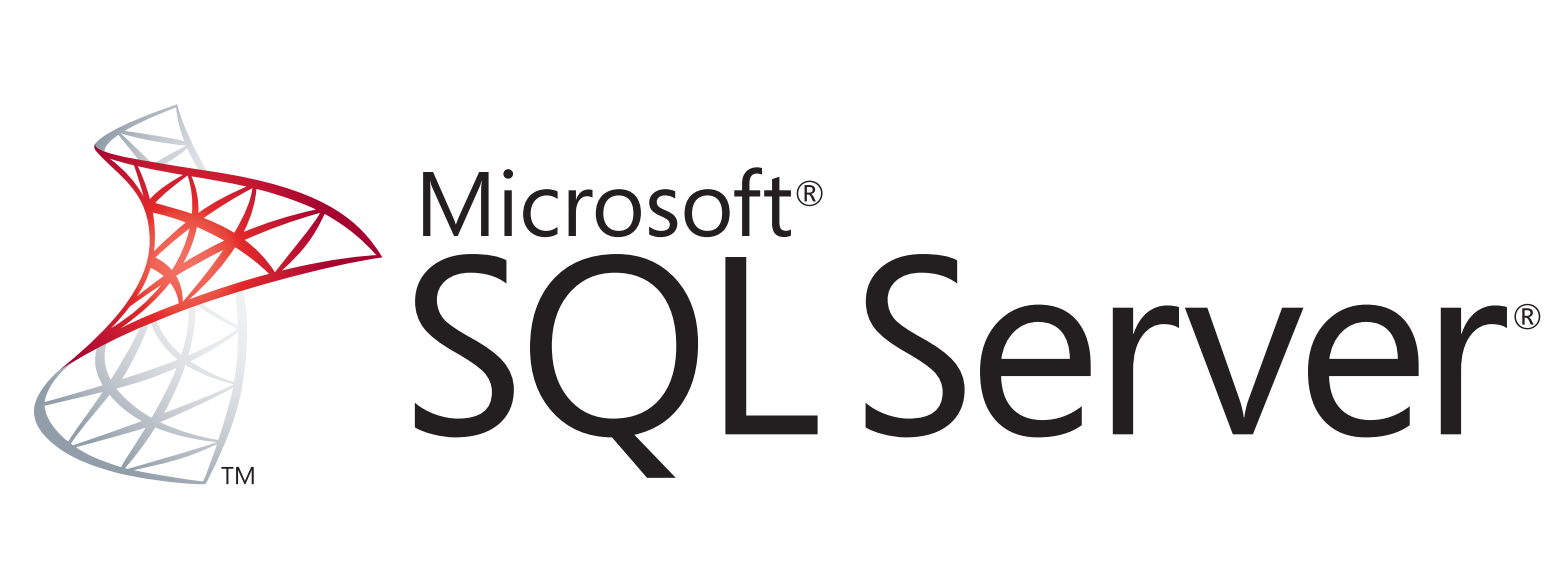React Native is an open-source framework developed by Facebook for building mobile applications using JavaScript and React. It allows developers to create native mobile apps for iOS and Android platforms using a single codebase, resulting in increased efficiency and code reuse. Here’s an overview of React Native and its advantages:
- Cross-Platform Development: One of the significant advantages of React Native is its ability to build apps that work on both iOS and Android platforms. With a single codebase, developers can target multiple platforms, reducing development time and effort.
- Native-Like Performance: React Native bridges the gap between JavaScript and native components, resulting in highly performant apps. It uses native UI components and renders them directly to the device’s UI, offering a smooth and responsive user experience.
- Code Reusability: React Native allows for a high level of code reuse. Developers can share a significant portion of their codebase between platforms, reducing duplication and maintaining consistency across iOS and Android apps. This saves time and effort in development, bug fixing, and feature updates.
- Hot Reloading and Fast Iteration: React Native supports hot reloading, allowing developers to see the changes made to the code immediately on the emulator or device. This feature speeds up the development cycle, enabling quick experimentation and iteration.
- Third-Party Libraries and Ecosystem: React Native has a thriving community and ecosystem. It offers a vast collection of third-party libraries, components, and tools created by the community. Developers can leverage these resources to enhance the functionality and appearance of their apps.
- Developer Productivity: React Native simplifies the development process by providing a declarative and component-based approach. It allows developers to reuse UI components, use familiar JavaScript concepts, and use the extensive React ecosystem. This results in improved developer productivity and efficiency.
- Easy Integration with Native Code: React Native allows seamless integration of platform-specific code written in Swift, Objective-C, Java, or Kotlin. This enables developers to leverage native libraries or implement custom functionality when needed.
- Extensive Community Support: React Native has a large and active community of developers who contribute to its growth and provide support through forums, tutorials, and open-source projects. Community support ensures that developers can find solutions to their problems and stay updated with the latest trends and best practices.
These advantages make React Native a popular choice for mobile app development, particularly for projects that require cross-platform compatibility, fast development cycles, and a native-like user experience.
Categories: React Native Tags: #React Native, #Swift, #iOS, #Android, #Mobile App Development,



